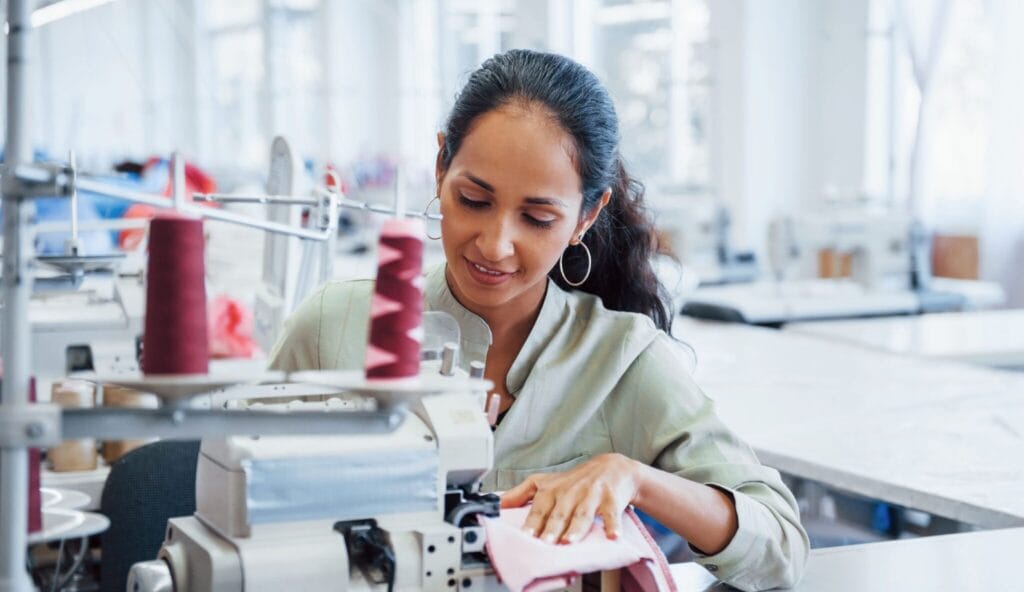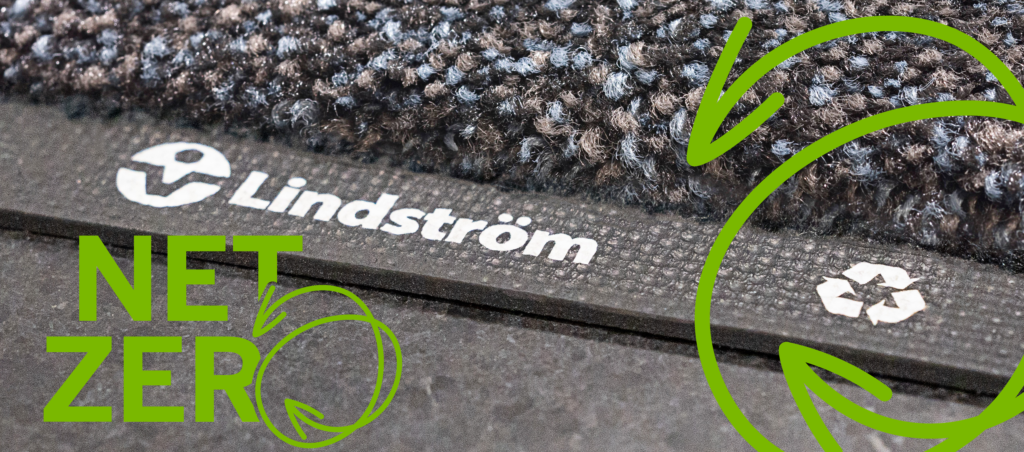
I want us to have the best possible suppliers in the world who are the most sustainable and the most reliable.
As Director of Sustainable Procurement, Kristiina Tiilikainen focuses on sustainability, sourcing, and supplier management issues at Lindström. Originally a translator and interpreter of Russian and English, Kristiina’s journey into procurement was unexpected but fulfilling.
“When I was studying at university, I realised that while I do like languages, I definitely want to work with people and businesses. I really fell in love with purchasing and procurement. Supply chains are like spider webs and I find the complexity intriguing,” says Kristiina.
While procurement can be undervalued in organisations, it truly plays a crucial role. “If we didn’t have procurement, we wouldn’t have anything to sell or rent. There are so many sides to procurement: You can work in logistics, purchasing, supply management, or you can work in sustainability related issues, like I do at the moment. And there are always new things to learn. That’s super important for me—I would hate a job where I wouldn’t have a chance to learn new things.”
Kristiina measures success by helping others learn new things, like when she trains Lindströmers worldwide on sustainable procurement.
Working together towards shared sustainability targets
Sustainability is central to Kristiina’s role. Her responsibilities include drafting the guidelines and templates for different documentations that we use to reach our sustainability goals, whether related to environmental, governance, or social responsibility issues. She also presents to customers how Lindström addresses sustainability-related issues with our supply chain.
“I want us to have the best possible suppliers in the world who are the most sustainable and the most reliable,” says Kristiina Tiilikainen.
Since Lindström is a large company, Kristiina emphasises the importance of aligning on shared goals. “We have people in procurement spread out across all the countries we operate in, and we need to be sure that they are all working towards the same targets.”
A big joint achievement was receiving the EcoVadis gold medal in sustainability two consecutive times. Now we work towards achieving the EcoVadis platinum medal.
Working towards these challenging targets requires a lot of dedication, and it keeps Kristiina motivated.
Idealism is great and it’s good to have big targets, but sustainability also requires a lot of grunt work. Sometimes there are Monday mornings when you think ‘Could we have set a bit easier targets?’ But on the other hand, are easy targets exciting? I don’t think so.
Data analysis and people skills are crucial in supply chain management
Kristiina’s role requires being data-oriented. “When you have this spider web type of supply chain, you work with many companies. You have to be able to collect reliable data about those suppliers, understand details, and be able to report on them.”
People skills are also needed when working with a diverse workforce. Since Kristiina joined the company 17 years ago, it has become much more international. “I like working with different types of people—if everybody was just like me, that’d be horrible.
“When you talk with people from different backgrounds, cultures, educational levels, and mother tongues, you need to be able to present complicated things in a simple way so that people can understand you, and at the same time, get people motivated about these things.”
Kristiina Tiilikainen works with sustainable procurement for a better future
Companies will face even bigger sustainability responsibilities in the years to come. For example, the EU’s recent corporate sustainability due diligence directive will require companies to become more transparent about their supply chains. “Companies will have to really know their supply chains and be able to evaluate the risks, opportunities, and impacts. It’s not just about what they do themselves, but also what their supply chain does, so that’s a super exciting development.”
We have huge tasks in front of us, but this is something that we have to do—we’re not doing it for ourselves. We’re doing this for the next generations so that our children and grandchildren will have a livable planet. That is really the key issue.




